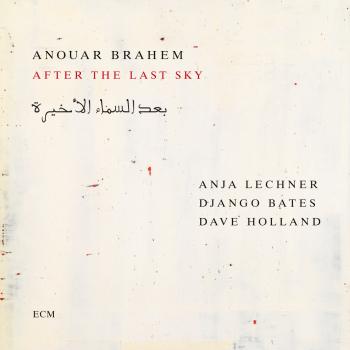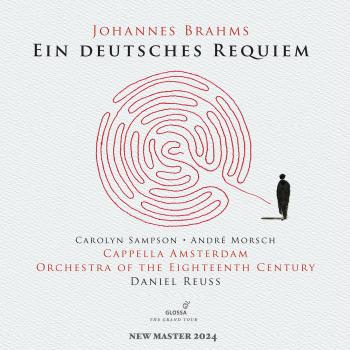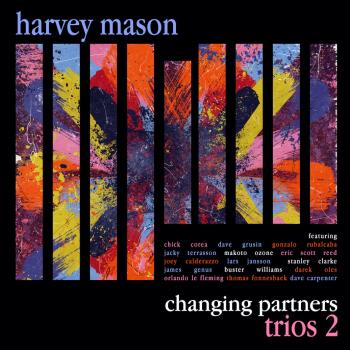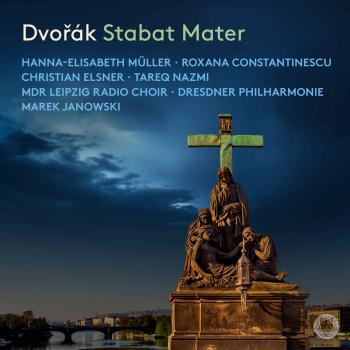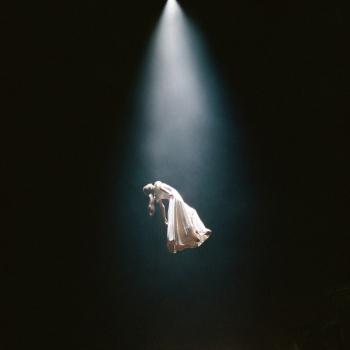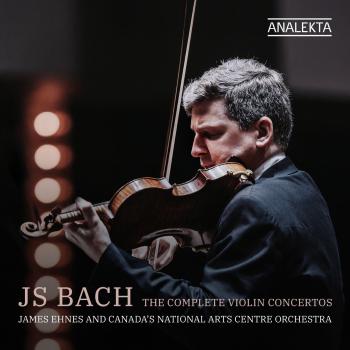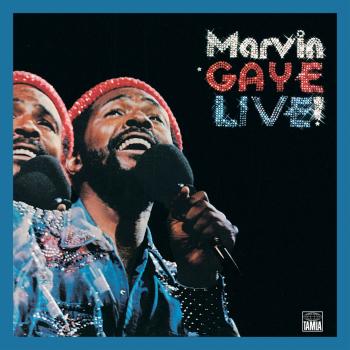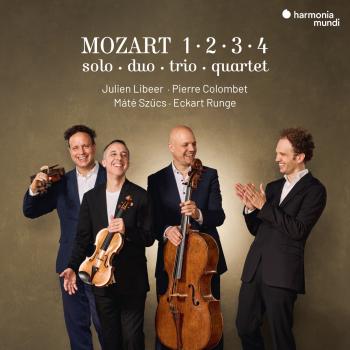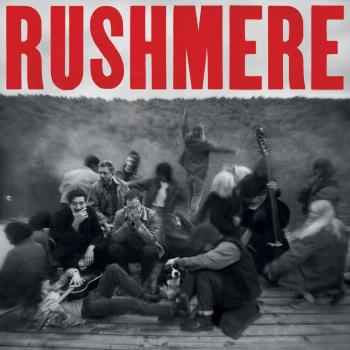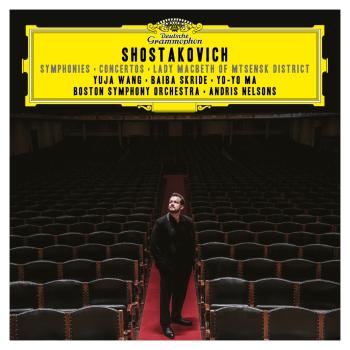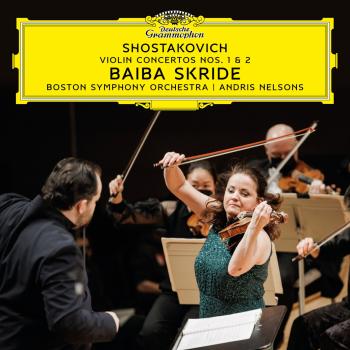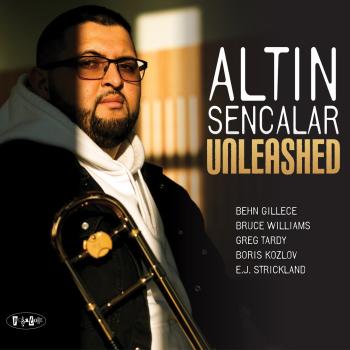
There is not that much of him available as a recording. In this respect, the release of the album Henze: Henze: Konzertmusik, 3 Mozart organ sonatas, Il vitalino raddoppiato on Berlin Classics is a pleasing event in itself. The recording by Ziyu He with the Mozarteum Orchestra Salzburg and conducted by the German-based Vietnamese conductor Lin Liao does the rest to further fuel the positive.
Three compositions are united on the album, and it already has them in the title: the youthful work Konzertrmusik, the almost half-hour Il Vitalino raddoppiato and the Three Mozart Organ Sonatas based on motifs by Salzburg-born Wolfgang Amadeus Mozart. This is probably one of the bridges that led the MO Salzburg to this album.
Born in Gütersloh in 1926, Henze is regarded as one of the most important composers of his generation. However, he is better known to the wider public for his friendship with the writer Ingeborg Bachmann and Hans Magnus Enzensberger. This is a shame, because Henze's music oscillates in an arc of neoclassicism and thus ensures a great deal of variety and flavour in an unfamiliar dress.
This refers, for example, to echoes of Hindemith and Shostakovic, as well as Vivaldi in some of the violin trills and Stravinsky in some of the dissonances. This can be found, for example, in the concert music, which he wrote at the age of 17, but which was not premiered until 2022, as Henze was called up for military service during the first planned presentation and the coronavirus crisis prevented the performance of the second posthumously.
The Three Mozart Organ Sonatas are recorded for the first time on this album (and are practically never heard in concerts). One reason for this may be that the viola d'amore, which plays a special role here, has to be retuned several times in the course of the performance due to key changes. This seems bizarre, but the pieces sound beautiful.
In general, the recording of Henze's works is fresh and light-footed. The music sparkles from the loudspeakers and reflects the joy of playing. The instruments are clear and well-balanced, easy to localise and deliver plenty of detail at 96 kHz, which also helps to underline the skills of violinist Ziyu He.
A successful album. (Thomas Semmler, HighResMac)
Ziyu He, violin
Mozarteumorchester Salzburg
Lin Liao, conductor

